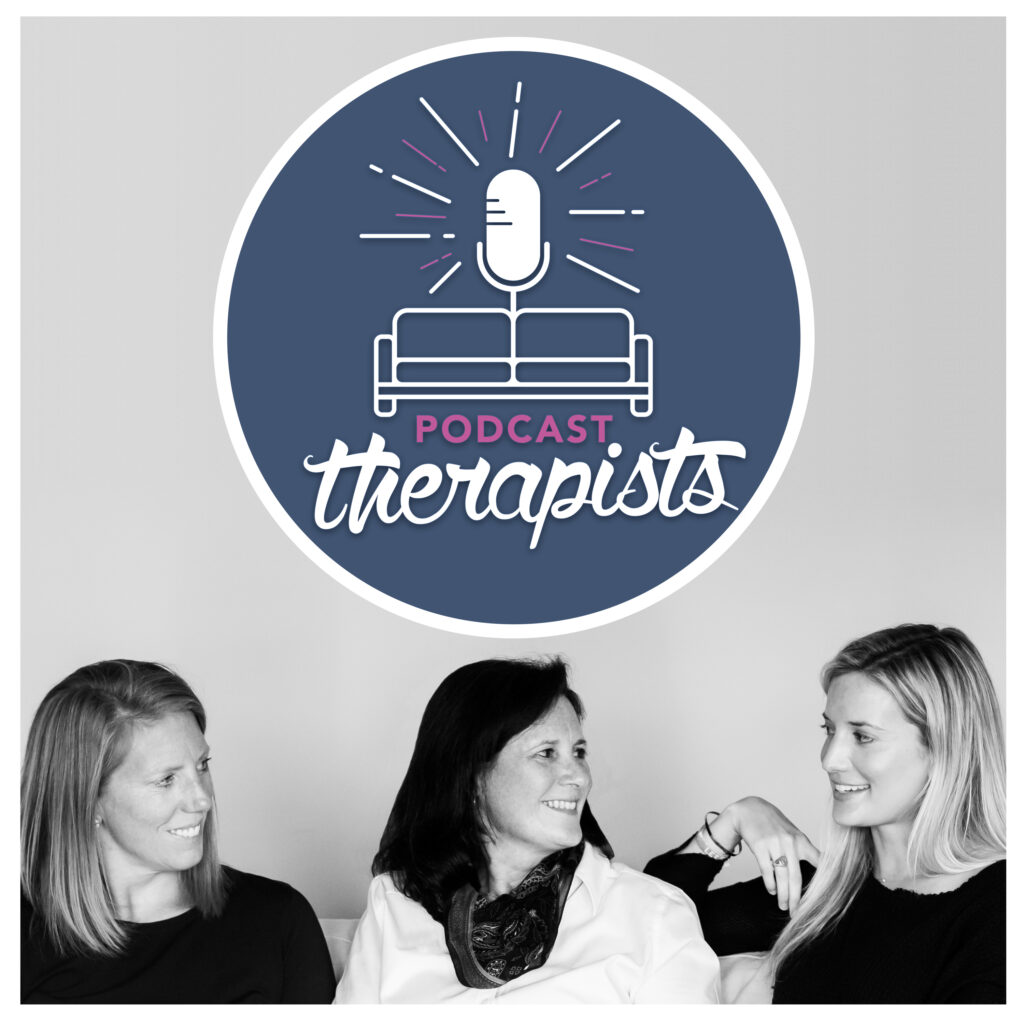Pandemic Flux in Teens: Why It’s So Hard

Last week we shared the new term ‘pandemic flux’ with you. Remember: blunted emotions, spikes in anxiety or depression, and the need to make drastic changes in your life.
Missed last week’s episode? You can find it here.
Our teens are particularly vulnerable to pandemic flux. That’s why this week we’re taking a deep dive into the effect of pandemic flux on our kids and particularly our teens.
Pandemic Flux in Teens
Many adults are experiencing pandemic flux but our teens are even more vulnerable. Bring aware of it and recognizing it in your teen can really help both them and your family in general.
So, what does pandemic flux look like in teens?
- Blunted emotions might look like: no response to what you’re saying, irritability, “I don’t want to go to school”, not caring about things. This last thing can go both ways: not studying for a test OR getting a really good grade and not caring about it.
- Spikes in anxiety or depression can for example look like panic attacks before their first football game.
- In combination with blunted emotions your teen can act apathetic to applying to college one day and being incredibly anxious about it the next day.
- Wanting to drastically change something, might look like: quitting a sport they used to love, more risky behavior, an increase in their use of pod as a coping strategy, etc.
“This is a healthy response to an unhealthy circumstance”
– Sarah
Why are our teens more vulnerable to pandemic flux?
A teenager’s job is to find out who they are. When suffering from pandemic flux it’s hard for them to separate themselves from the emotions they’re feeling at that moment and they are more likely than adults to start defining themselves as this version of themselves. They can start to think: “This must be who I am. I must not be cut out for this”. They can easily feel like they lost something good in their life: being good at a sport, being part of their friend group. It can trigger a sense of “Who am I?” and it can get very confusing for them.
In general, there’s a lot of negative narrative involved in this. As parents, it’s important to let them know that none of this defines who they are as a person.
More about Virginia Family Therapy
Virginia Family Therapy is a mental health practice serving individuals, families, and our community. VFT is designed to help people at all stages and from all walks of life by offering therapists and physicians with diverse backgrounds and specialties via face-to-face, walk-and-talk, and telemedicine appointments. Throughout, we are committed to developing strengths-based, authentic, and long-lasting relationships with you and your children. We hope to provide you with the support and insight you need to help your family navigate life’s hard times and joys.
Contact us here.
In this episode we cover:
- What pandemic flux can look like in teens;
- Why teens are particularly vulnerable to pandemic flux;
- The effect of pandemic flux on your family system;
- How you can support your teen when they’re experiencing pandemic flux.
Resources and links mentioned in this episode
- Are you or your child struggling with mental health? We have a team of psychologists and psychiatrists who can help you out. Don’t hesitate to contact us here.
- Please leave us a review on Apple Podcasts. We’d love to hear your feedback.
- Connect with us on Facebook or Instagram.
- Missed last week’s episode about pandemic flux? You can find it here.
- Interested in our episode about how to show your kids you’re truly listening? It’s over here.
- Looking for the Brené Brown’s podcast with Amy Cuddy on pandemic flux? Have a listen here.
Disclaimer: Please remember we are real live therapists, however this is a podcast and is not considered a therapy session. Not only because there is no co-pay but also because we can’t speak to your individual experiences. We are here to help you keep raising healthy kids. And remember, if you are an imperfect parent, we are right there with you. If you or someone you love is in immediate danger, please call your local crisis hotline or go to your nearest emergency room.
